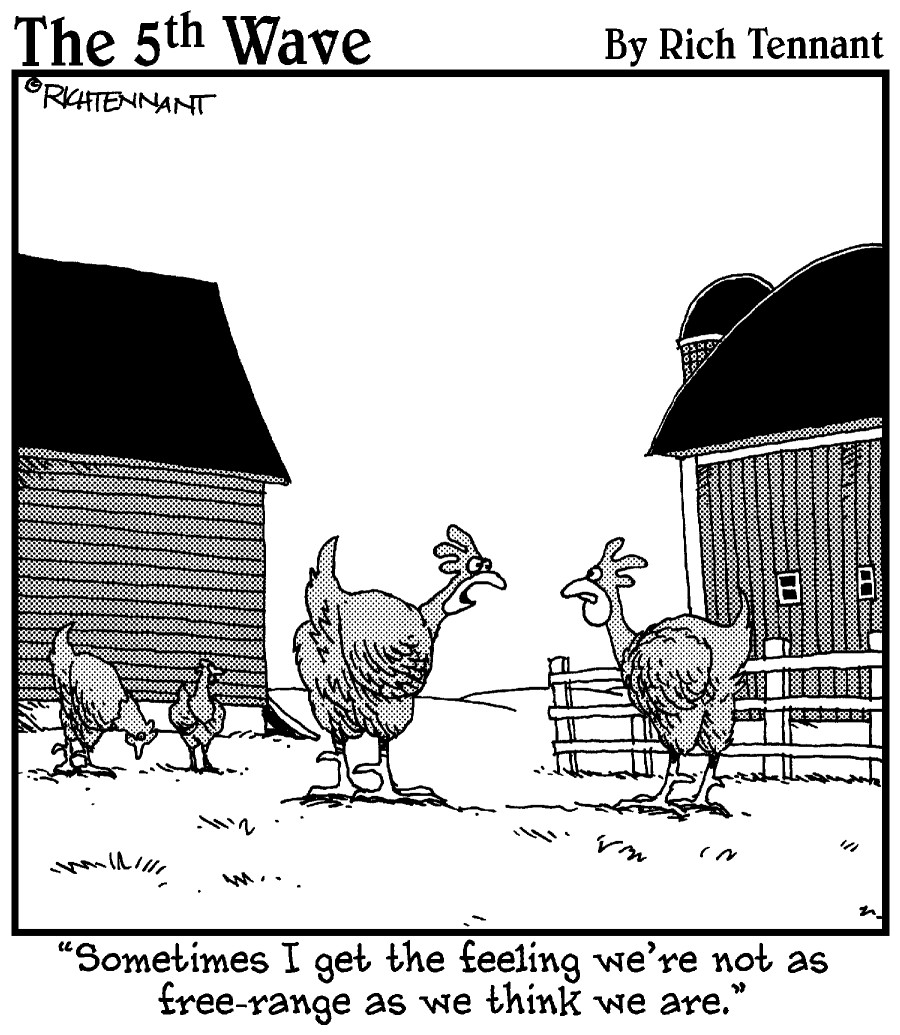Part III
Growing the Economic Pie: The Economic Importance of Ethics, Well-Being, and Culture

In this part . . .
One very important reason why behavioral economics matters is that it offers interesting and often compelling reasons for why people behave in unexpected ways and how this affects the size of the economic pie. In this part, I explain why the payment of taxes and criminal behavior have very important non-economic dimensions.
I also explain how the labor market may be affected by social welfare, unions, minimum wages, and the like. Although conventional theory predicts that these types of institutions can cause serious harm to the economy, this doesn’t have to be the case, and I explain why.
In this part, I discuss some of the inner workings of the black box of the firm, which goes largely unnoticed in conventional economics. How individuals relate to each other inside the firm can have a huge impact on productivity and, thus, on material well-being and even on the spiritual well-being of all firm members.
In addition, in this part, I explain how ethical behavior impacts the wealth of nations. Contrary to what conventional economics tells us, ethics can have positive economic effects. Ethics also can affect what people produce and how they produce it.
Finally, in this part, I elaborate upon the significance of institutions in moderating and facilitating economic ...
Get Behavioral Economics For Dummies® now with the O’Reilly learning platform.
O’Reilly members experience books, live events, courses curated by job role, and more from O’Reilly and nearly 200 top publishers.

